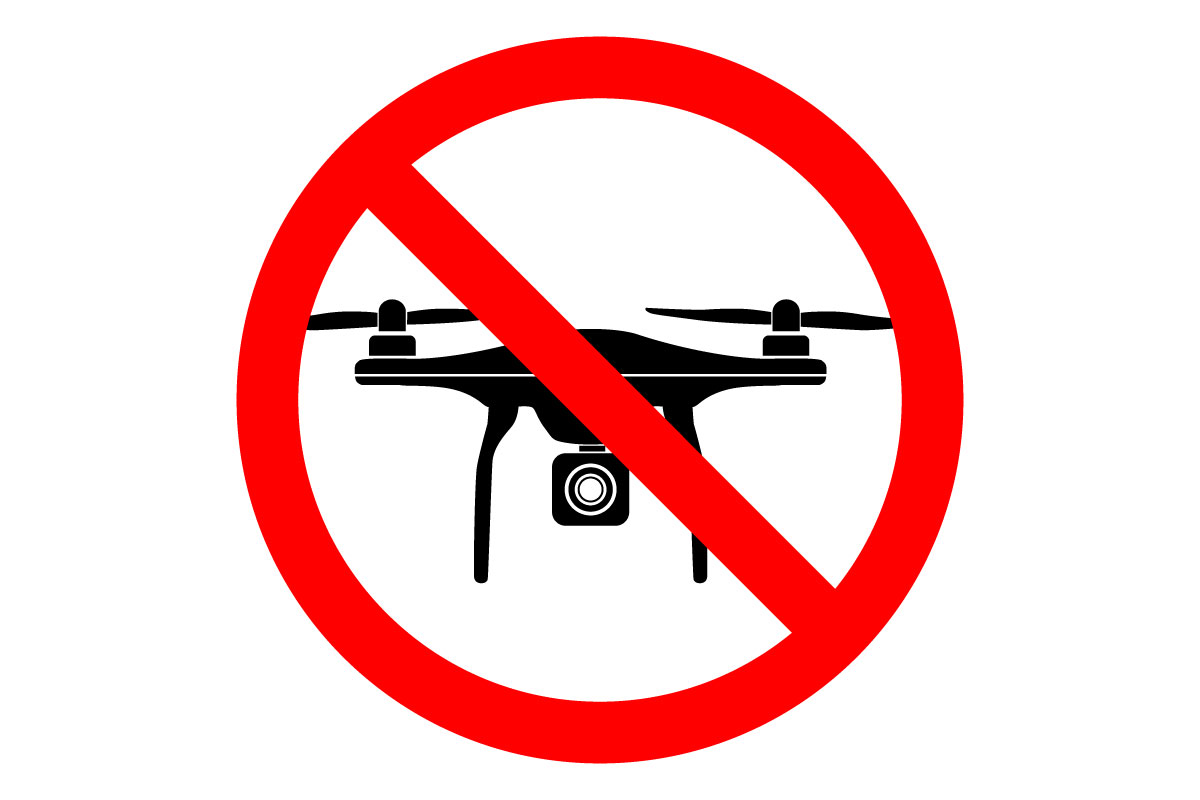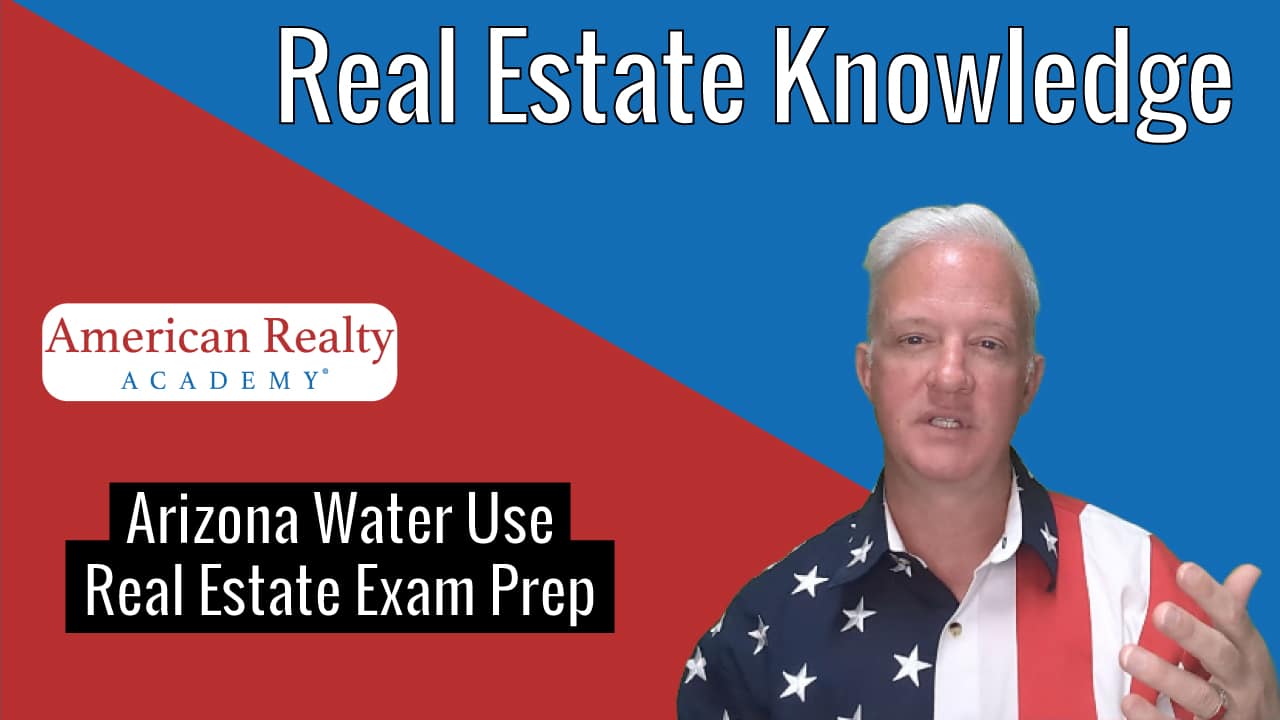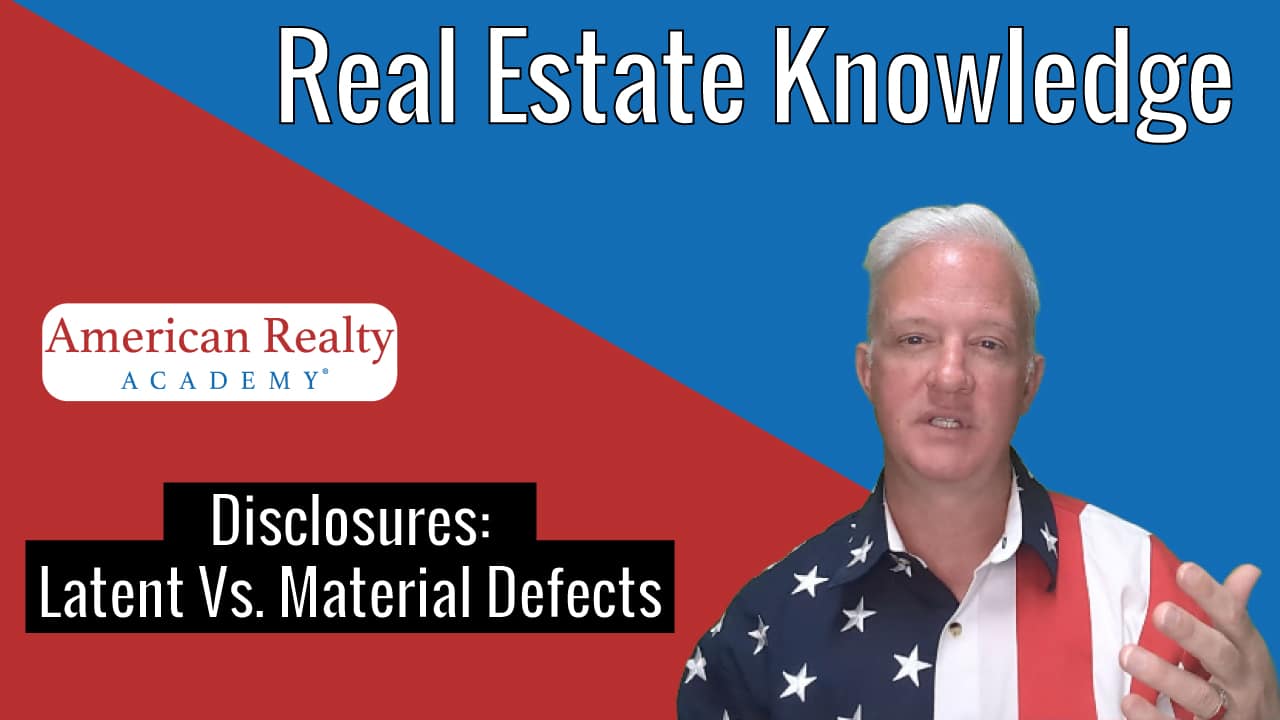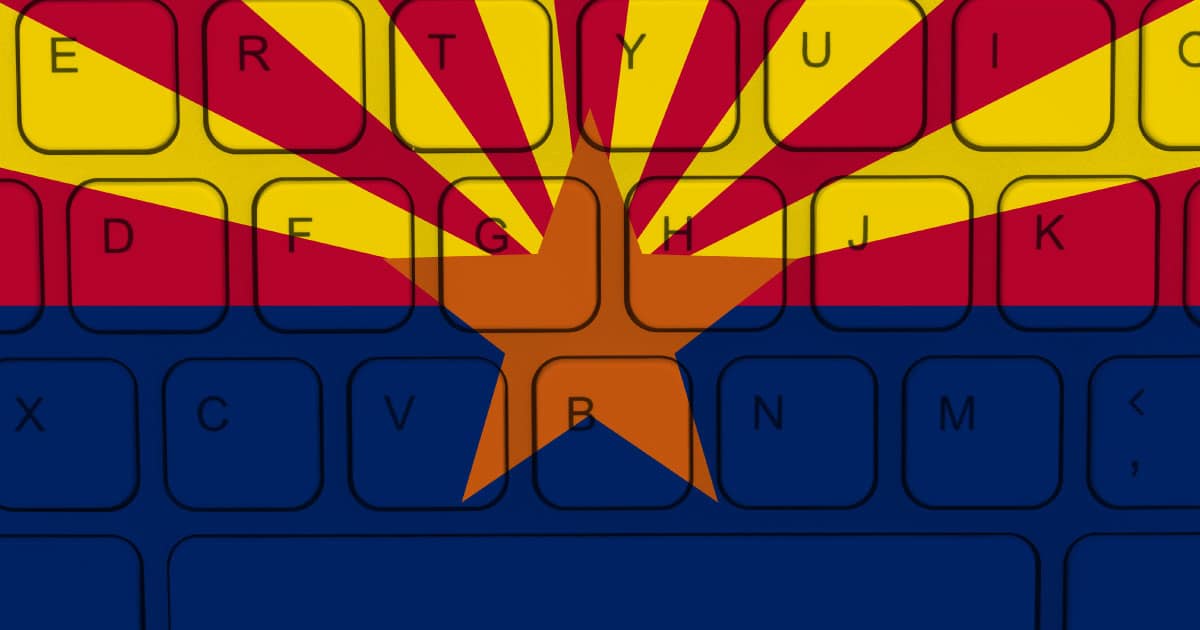Real Estate Drone Flights:
The allure of real estate drone photography is undeniable. Aerial shots can dramatically showcase properties, offering views that traditional photography simply cannot match. However, the convenience and benefits of drone technology come with a complex web of legal requirements, especially for commercial operations like those conducted by real estate agents. This article aims to demystify these regulations, focusing on the serious considerations agents must take into account before deploying drones for their listings, particularly in bustling areas.
Understanding Part 107:
The Federal Aviation Administration (FAA) oversees all airspace in the United States, including commercial drone operations through Part 107 of the FAA regulations. For real estate agents, this means that any use of a drone to capture images or videos for listing purposes is considered a commercial operation and requires adherence to specific guidelines. Under Part 107, the gateway to legal drone operation begins with obtaining a Remote Pilot Certificate.
Certification Requirements For Non-Licensed Pilots:
For those who do not have a pilot certificate, the journey to becoming a certified drone operator involves a more traditional route. The candidate must pass an aeronautical knowledge exam administered by the FAA, which encompasses a broad range of subjects crucial for safe drone operation. This exam covers:
- Airspace classification and operational requirements
- Weather patterns and their effect on drone performance
- Drone loading and emergency procedures
- Flight restrictions and protocol for communication and much more
While the FAA does not mandate a preparatory training course for non-licensed pilots before taking the knowledge exam, it is strongly recommended. Engaging in a training course is beneficial for several reasons:
Comprehensive Understanding: A structured course can provide a thorough grounding in all the relevant topics, ensuring that candidates are well-prepared not just for the exam, but for real-world drone operation.
Exam Preparation: Courses are tailored to cover the material included in the FAA’s knowledge test, helping candidates familiarize themselves with the format and type of questions that may be encountered.
Cost Efficiency: Proper preparation through a course can significantly reduce the likelihood of having to retake the exam, which can be costly both in terms of time and money.
Certification Requirements For Licensed Pilots:
Individuals with a current pilot certificate issued under part 61 (excluding student pilot certificates) and who meet the flight review requirements specified in § 61.56 are eligible for an expedited process. Instead of the standard knowledge exam, these pilots can complete an online training course covering the areas outlined in § 107.74. This course, offered by the FAA, bypasses the need for another written exam and underscores the agency’s recognition of the foundational aeronautical knowledge these pilots possess.
Overlap with Private Pilot Knowledge:
It’s noteworthy that the drone pilot written exam covers many of the same topics as the private pilot written exam, including airspace classification, weather impacts on aircraft performance, and aeronautical decision-making. This overlap reflects the FAA’s comprehensive approach to airspace safety, regardless of aircraft size. For licensed pilots, this means that much of the material in the online training course will be a review, albeit with a focus on the unique aspects and operational considerations of unmanned aircraft systems.
By offering this streamlined pathway, the FAA acknowledges the existing knowledge and experience of licensed pilots, making the transition to drone operations smoother while maintaining the rigorous safety standards that govern national airspace. This provision not only facilitates legal compliance for real estate agents who are also licensed pilots but also underscores the importance of a solid aeronautical knowledge base in ensuring safe and responsible drone use in commercial settings.
Operational Limitations:
Additionally, Part 107 imposes restrictions on how, when, and where drones can operate. Notably, drones must fly below 400 feet, during daylight hours (or civil twilight with appropriate lighting), and always within the visual line-of-sight of the operator. Flying near other aircraft or over people not directly participating in the operation without a waiver is prohibited.
Securing Authorization in Controlled Airspace:
For real estate agents operating drones in the vicinity of airports, understanding airspace classifications and obtaining the necessary clearances is critical. The FAA mandates that no person may operate a small unmanned aircraft within Class B, C, or D airspace, or within the lateral boundaries of the surface area of Class E airspace designated for an airport, without prior authorization from Air Traffic Control (ATC). Class B airspace typically surrounds the nation’s busiest airports, with Class C and D covering airports with operational control towers, with certain Class E airspace areas also being controlled.
Obtaining this authorization is a safety imperative, ensuring that drone flights do not interfere with manned aircraft operations. The process involves submitting a request through the FAA’s DroneZone portal or using the LAANC system, which provides real-time authorization for drone operations in many controlled airspace areas. This step is especially pertinent for real estate agents in urban areas with high volumes of air traffic, such as Scottsdale, where unauthorized drone activity could lead to severe penalties and jeopardize public safety. Real estate drone operators must ensure compliance with these requirements to carry out their drone operations legally and safely.
Examples of controlled airspace by type:
Class B: Phoenix Sky Harbor, Los Angeles International, Chicago O’hare
Class C: Tucson International, Burbank Bob Hope, Charleston South Carolina
Class D: Scottsdale Airport, DuPage Airport (west Chicago), Aspen-Pitkin Co Airport
Class E surface area airports: Blythe airport, Watertown Regional, Truth or Consequences airport.
The Risk of Non-Compliance:
Failure to secure the necessary permissions not only poses safety risks but can also lead to substantial fines, legal action, and the revocation of a pilot’s Remote Pilot Certificate. Real estate agents must ensure that any drone operation complies with all local and federal regulations, including those specific to controlled airspace.
Best Practices for Legal Drone Operations in Real Estate
Stay Informed and Educated:
Continuous education on the evolving landscape of drone regulations is essential. The FAA offers resources and updates that can help agents stay informed.
Invest in Professional Services:
Considering the complexity and potential liability involved in drone operations, some agents might find it more practical to hire professional drone operators who are already certified and familiar with navigating the regulatory environment.
Prioritize Safety and Privacy:
Always conduct a pre-flight check to ensure the drone is in good working condition. Be mindful of privacy concerns when capturing aerial footage, especially in residential areas.
Summary:
For real estate agents eager to leverage drone technology, understanding and complying with FAA regulations is non-negotiable. While the process to legally operate a drone for commercial purposes may seem daunting, the effort ensures that your innovative marketing practices are both effective and lawful. As the industry continues to embrace drones, prioritizing legal compliance and safety will protect not only your clients’ interests but also the integrity of your business.
Disclaimer: The information provided in this article is for educational and informational purposes only and should not be construed as legal advice. While the content is reviewed and intended to offer a general understanding of the legalities surrounding drone operations for real estate agents, the regulations governing drone flights are subject to change. Real estate agents are responsible for ensuring they are in compliance with the current Federal Aviation Administration (FAA) regulations and any applicable state or local laws before operating a drone. For the most current regulations and guidance, please refer directly to the FAA’s official resources or consult with a qualified attorney or aviation consultant. The author and publisher of this article disclaim any liability in connection with the use of this information.
Real Estate Drone FAQs
Do real estate agents need a license to use drones for property listings?
Yes, to legally operate drones for commercial purposes, including real estate listings, agents or their hired drone operators must have a Remote Pilot Certificate from the FAA.
What are the airspace restrictions for drone flights in real estate photography?
Drones cannot fly in controlled airspace near airports without FAA authorization, and must always avoid flying directly over people, unless they have specific waivers. Other restrictions apply and can be found in FAR Part 107.
What does the process to obtain a drone license for real estate photography involve?
Obtaining a license involves passing an aeronautical knowledge test at an FAA-approved testing center to earn a Remote Pilot Certificate.




